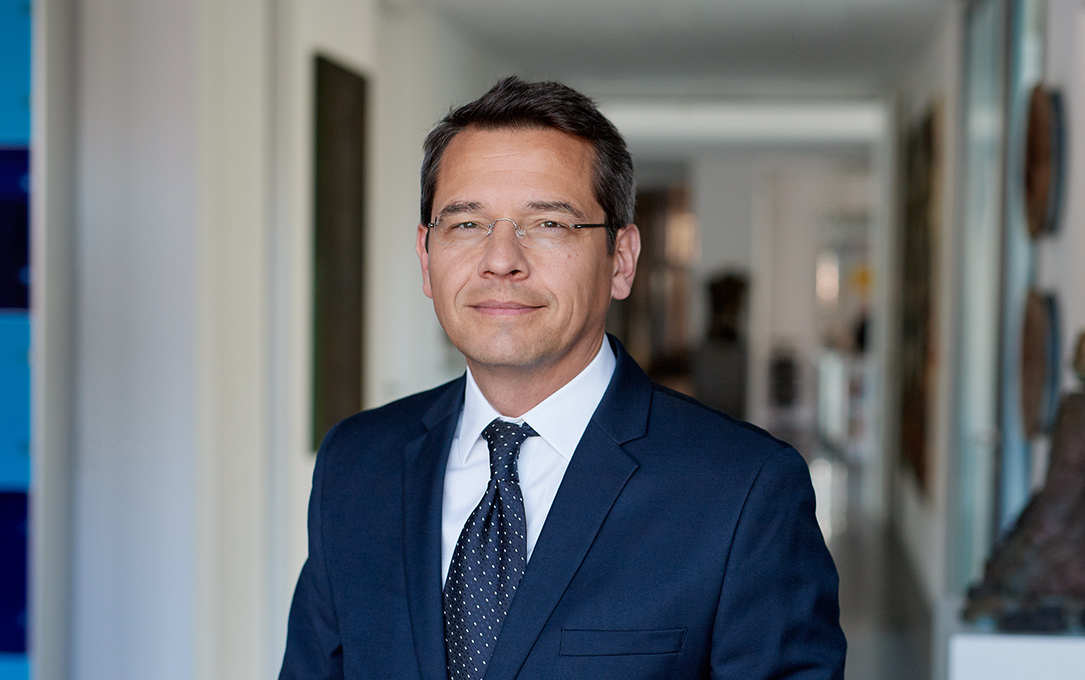The factual situation underlying the decision was the following:
The defendant is running a bakery chain with more than 930 bakery stores in Germany. More than 90 % of the bakery stores are operated by franchisees. The plaintiff was one of the defendant’s franchisees. After termination of the franchise agreement the defendant claimed for compensation according to Sec. 98 b HGB analogously.
There was no contractual obligation of the defendant to transfer the customer base to the plaintiff after termination of the franchise agreement. There was only the obligation of the plaintiff to return the business premises after termination of the contract.
Decision:
The competent Regional Court rejected the lawsuit. The appeal of the plaintiff against this decision as well as the subsequent revision remained unsuccessful as well. The Federal Supreme Court again clarified that Sec. 89 b HGB only applies to other persons working in sales – other than commercial agents – if the relationship between the dealer and the manufacturer has not only been exhausted in a mere buyer-seller-relationship, but the dealer was moreover incorporated in the sales organization of the manufacturer and had to fulfill tasks economically similar to the tasks a commercial agent has to fulfill and if there was an obligation of the dealer to transfer its customer base to the manufacturer so that the manufacturer can take advantage of the customer base immediately upon termination of the contract.
The Court found that a pure factual continuity of a customer base does not justify the application of Sec. 89 b HGB to franchise agreements essentially affecting an anonymous mass business.
In the present case the franchisee (the plaintiff) acted in its own name and on its own account and pursued its own interests with the acquisition of customers. Moreover, as the customer base acquired by the plaintiff was essentially anonymous the defendant wasn’t able to use the customer base without further ado.
The obligation to return the business premises did not result in a different assessment of the legal situation. According to the legal purpose only the landlord is entitled to any increase in value upon return of leased premises. The leaseholder cannot claim compensation for that. The scope of Sec. 89 b HGB is not affected.
The Federal Supreme Court however left open whether Sec. 89 b HGB analogously applies to franchise relationships at all. The application of Sec. 89 b HGB is therefore still to be assessed on the basis of the circumstances of each individual case.
Marco Hero, IDI franchising country expert for Germany
